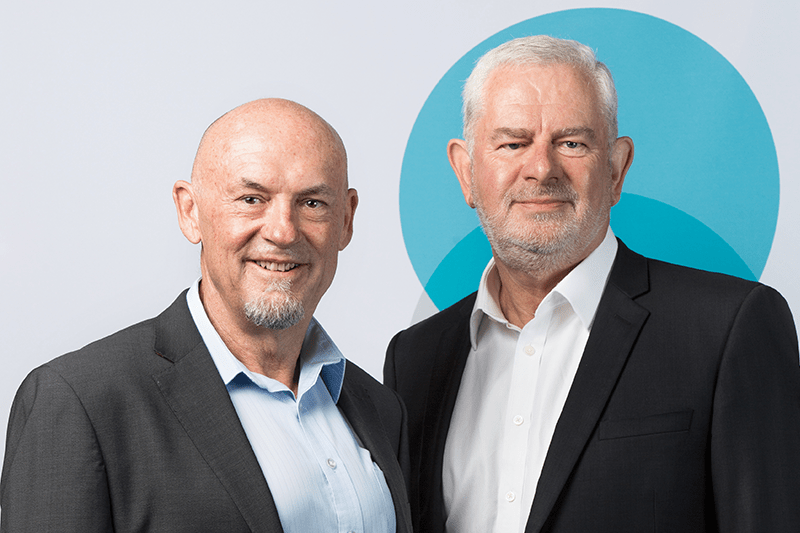By Peter Kelly on 10 June 2020
If you have an account-based pension, or an allocated pension as they were called before 1 July 2007, you will be familiar with the need to draw a prescribed minimum level of income from your pension each financial year.
By drawing at least the minimum level of income, your pension account will receive beneficial tax treatment within the super fund it resides in.
The minimum level of income that must be drawn each year is set in superannuation legislation and it increases, in percentage terms, by age. The following table sets out the minimum level of income that must be drawn each year:
|
Age |
Minimum Income |
|
Under 65 |
4% |
|
65 – 74 |
5% |
|
75 – 79 |
6% |
|
80 – 84 |
7% |
|
85 – 89 |
9% |
|
90 – 94 |
11% |
|
95+ |
14% |
The minimum income is calculated at the time a pension first commences to be paid, and then at the beginning of each financial year, based on the account balance at the beginning of the year. Where a pension commences part way through a financial year, the minimum income in the first year is pro-rated for the number of days in the financial year the pension is in force.
For example, if a person aged 67 commences an account-based pension with an amount of $400,000 on 1 October, the minimum income they will need to receive in the first year is $14,960 ($400,000 @5% x 273/365). The income is rounded to the nearest $10.
Then, on the following 1 July, the income for the next financial year will be determined by applying the relevant percentage factor, in this case 5%, to the balance of the pension account on 1 July.
The minimum income that needs to be drawn is just that – the minimum. An account-based pension holder can draw more than the minimum if they choose to. However, if drawing more that the prescribed minimum, there is a risk that the pension account balance will be eroded more quickly.
What has changed?
Early in 2020, in response the worldwide downturn in investment markets following the onset of COVID-19, the Government announced that the minimum prescribed level of income that had to be drawn from account based pensions for the 2019-20 and 2020-21 financial years would be reduced by 50%. For example, in the example provided earlier, instead of our 67-year old needing to draw a minimum income of 5%, they would only be required to draw a minimum of 2.5%.
This temporary reduction in the minimum pension payment is not new – it last occurred in response to the Global Financial Crisis.
Does it benefit everyone?
Being able to reduce the amount drawn from an account-based pension will only benefit those people who are able to live on a reduced income.
For those, reducing the amount of income that needs to be drawn is a bonus as it allows them to retain more money in their pension account while investment markets recover.
However, many Australians in retirement need every cent of income they can garner from their account-based pension to meet their income needs. Reducing the amount they need to draw is not a luxury they can afford.
How will super funds respond?
Many account-based pension holders elect to automatically receive the minimum prescribed level of income from their pension account each year.
As the minimum income for 2020-21 has now been halved, many superannuation funds will simply apply the reduced percentage to their member’ s accounts from July 2020.
This will come as a shock to many, particularly those relying on a set amount of income.
If you need to receive a certain level of income from your account-based pension in order to meet your living costs, you should check with your super fund – or have your financial adviser check for you – to see if they will be automatically halving the minimum income you are required to draw.
In the event they plan to do so, you may need to instruct them to pay a higher level of income in 2020-21.
For example, you may need to instruct them to continue to pay 5% of your account balance rather than 2.5%.
A final word…
If you have an account-based pension that commenced before 1 January 2015, and you have also been receiving an age pension or other income support benefits paid by Centrelink or Veterans’ Affairs continuously since that date, and you now receive reduced income from your account based pension, it is important you inform Centrelink or Veterans’ Affairs of your reduced account-based pension income.
Depending on your personal circumstances, receiving reduced income from your account-based pension may result in your age pension increasing.



comments